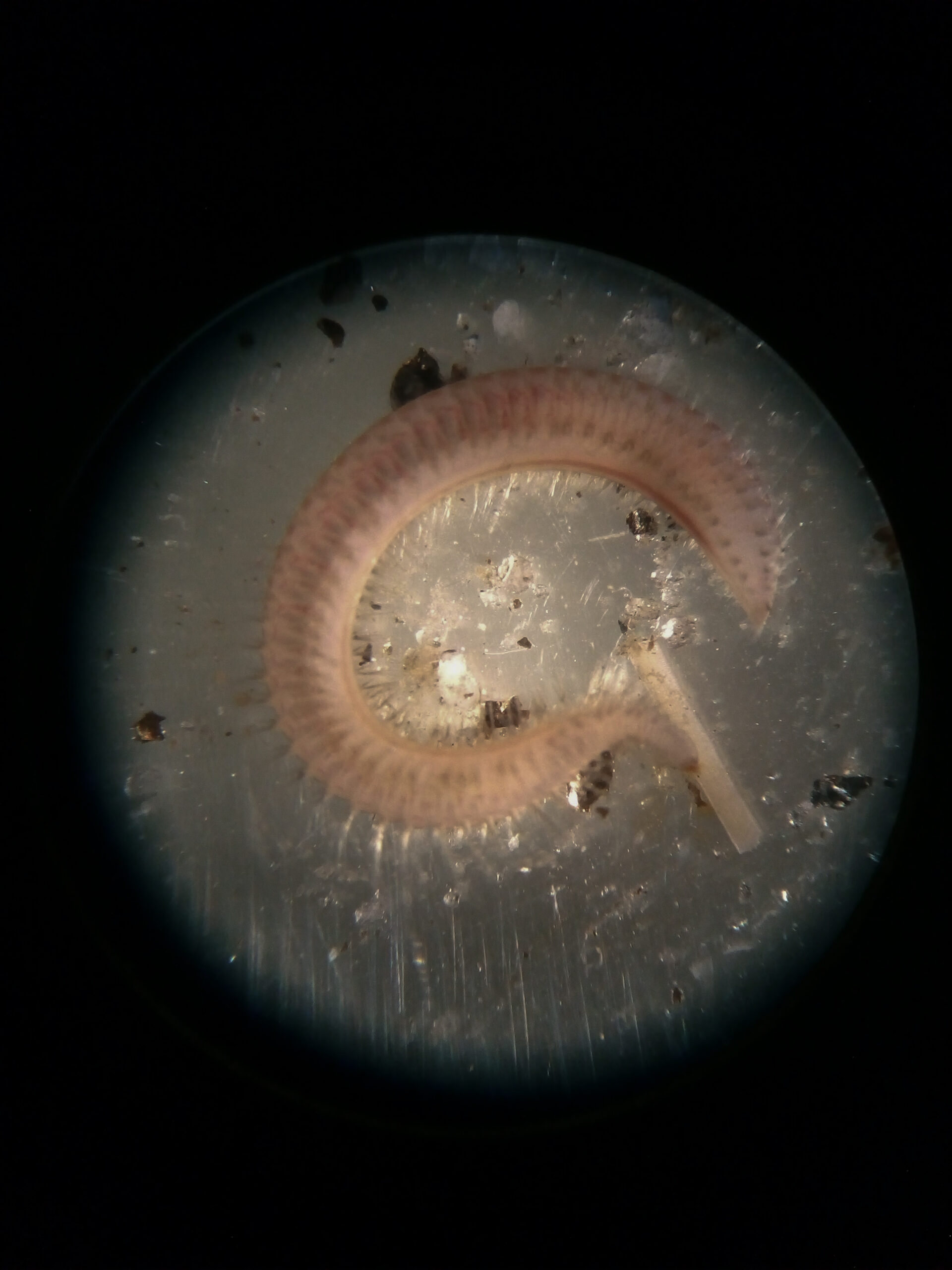
In the frigid waters of the Antarctic, one of the main challenges of marine organisms is to stay alive without freezing. One study found that three species of marine polychaete worms resort to the help of symbiotic bacteria to accomplish this. Hosted within their tissues, these bacteria produce antifreeze proteins, which are special proteins that lower the freezing point of their internal fluids, making them more fluid. In this way, the “blood” circulation of polychaete worms is more efficient, the animal can rely on better oxygenation and thus adapt to low temperatures.

